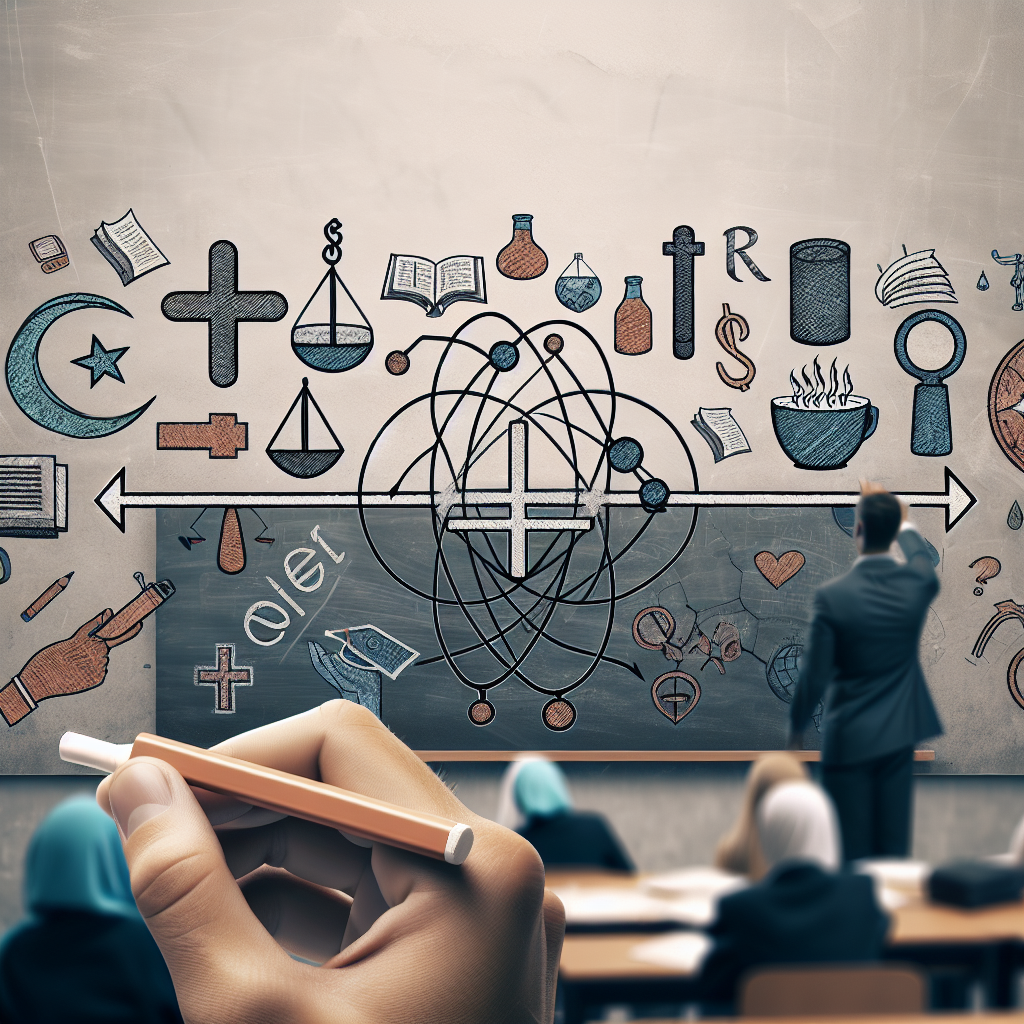The global conversation surrounding religious education is escalating, as nations reexamine how faith should be presented in classrooms. In an era marked by religious tension and growing secularism, nations are drawing battle lines over the future of spiritual teaching at academic institutions.
Religion has historically been a cornerstone in societies worldwide. However, changes in societal structures, norms, and values have led to much debate regarding its place within education systems globally.
Industry Overview
Around the world, many countries ensure their national curriculum includes studies about various religions to foster mutual respect among diverse cultures. Notably however, what these curriculums look like varies greatly based on a country’s dominant religion(s) and its approach towards secularism.

Current Trends
Nations such as France are enforcing strict secularist policies that prohibit visible expressions of faith in schools. On the other hand, countries like Pakistan maintain strong Islamic study requirements in school curricula without offering alternative options for non-Muslims.
Key Players
Influential figures from all spheres including educators, government officials, religious leaders and parent groups continue to shape debates about what role faith should play within school walls.
Creative Process
- Tensions flare between traditionalists who insist on preserving religious teachings integral to national identities vs modern liberals advocating for inclusive environments where students can freely express diverse beliefs or lack thereof.
- Policies designed around neutrality often still carry implicit bias towards majority religions, unintentionally marginalizing minority religious groups.
- Faith-based schools struggle with upholding their spiritual values while ensuring they do not alienate or discriminate against students of other faiths.
/
Market Dynamics
The market for private religious education persists in countries like the US, India and Nigeria. However, these institutions face scrutiny around their ability to provide unbiased educational environments.

Audience Response
Many parents continue to choose religious institutes as they align with family beliefs and traditions but others question if this potentially hinders children from gaining a comprehensive understanding of world religions and cultures.
Industry Challenges
Additionally, navigating free speech rights and protecting individual’s freedom to practice religion presents an ongoing legal challenge in many jurisdictions.
Future Directions
- Cultivates interfaith dialogue among young people which could help promote mutual respect and reduce religious conflict globally.
- Potential growth of ‘religious literacy’ programs that educate about all major world religions equitably without endorsing any particular belief system.
/
This new global discourse around religion in education extends beyond merely teaching scripture—it is a complex cultural shift that involves reshaping societal norms around spirituality, acceptance, diversity, human rights and democracy.


